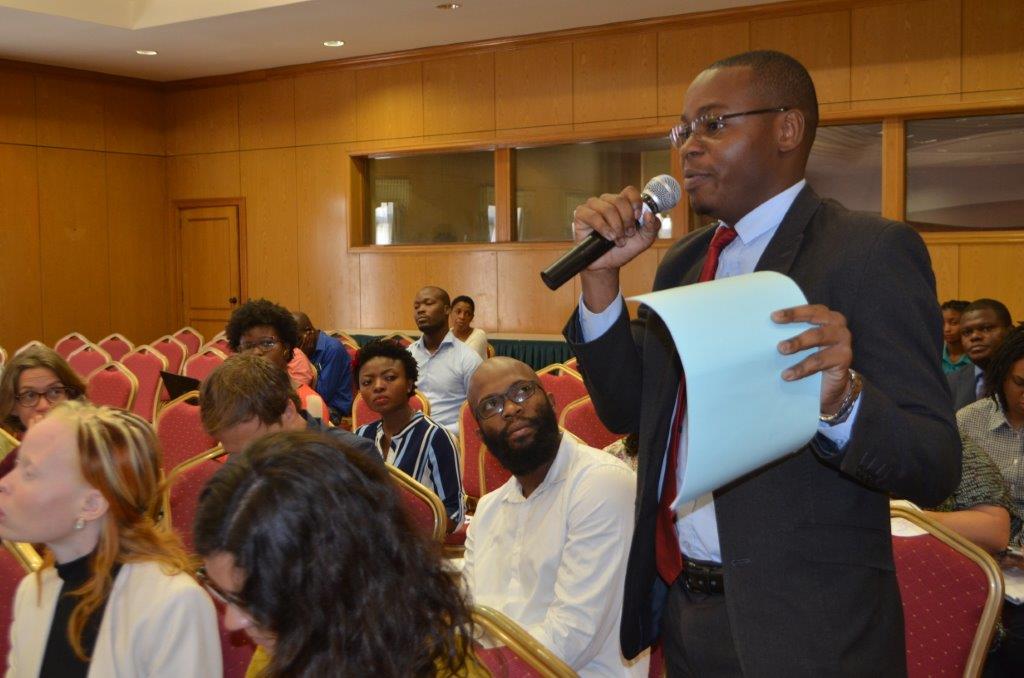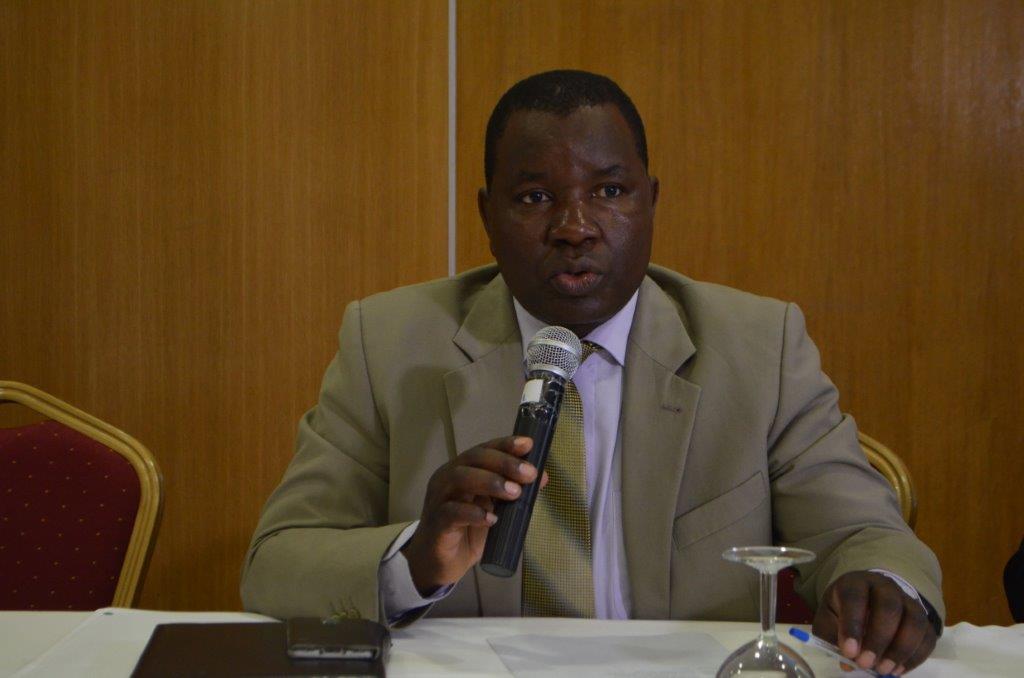
Workshop to disseminate the results of the Fourth National Assessment of Poverty and Well-being in Mozambique
On 24 November 2016 the Directorate of Economic and Financial Studies (DEEF) of the Ministry of Economics and Finance of Mozambique (MEF) brought together policy makers, policy advisers, development partners, and government representatives to discuss the results of the Fourth National Assessment of Poverty and Well-being in Mozambique. The report was produced with the technical assistance provided by UNU-WIDER and the University of Copenhagen.
 The results presented include both consumption and multidimensional measures, and have already raised a lot of interest among international and bilateral cooperation agencies, policy makers, and the media.
The results presented include both consumption and multidimensional measures, and have already raised a lot of interest among international and bilateral cooperation agencies, policy makers, and the media.
The special aim of this workshop, that closely followed the Poverty Conference held in October, was to involve even more people from all relevant policy making institutions in Mozambique, and discuss the poverty results in depth in order to influence policy making in coming years.
There were 76 participants, from more than 30 different institutions. They included technical staff and directors from several ministries and public entities (Ministry of Economics and Finance; Ministry of Agriculture and Food Security; Ministry of Health; the National Statistics Institute; Ministry of Land, Environment and Rural Development; National Fund for Sustainable Development; Ministry of Education and Human Development; Ministry of Industry and Trade; the Central Bank; Ministry of Justice; Ministry of Gender, Children and Social Policy; Ministry of Science and Technology; Ministry of Public Works, Housing, and Water Resources; and Ministry of Mineral Resources). Among the developing partners attending the event there was staff from the Spanish and Italian cooperation, from the embassies of Ireland, France, Sweden, Angola, and Austria, and a few United Nations agencies like UNIDO, WFP, UNDP, UNU, and UNHCR. Several economic, academic, and civil society organizations also attended.
 The conference began with the Director of DEEF, Vasco Nhabinde, talking about the need to disseminate as much as possible and discuss the poverty results. Following this, Maimuna Ibraimo, senior technical staff at DEEF, took to the stage to present the main results of the report.
The conference began with the Director of DEEF, Vasco Nhabinde, talking about the need to disseminate as much as possible and discuss the poverty results. Following this, Maimuna Ibraimo, senior technical staff at DEEF, took to the stage to present the main results of the report.
This presentation was followed by an interesting and vibrant discussion, during which both Maimuna Ibraimo and UNU-WIDER Research Fellow Vincenzo Salvucci were asked a series of questions related to the policy implications and recommendations of the report; the comparisons with the international poverty line results; the dimensions of wellbeing that were considered; the consumption patterns and nutrition needs at national and sub-national level; and the additional studies that are planned (poverty profile, determinants of poverty, evaluating the effects of the recent crisis, vulnerability, among others).
Given the high number of people in the audience working for ministries or public institutions, the questions about “what to do next” and “how to use these results” were particularly relevant.
The full report, Poverty and well-being in Mozambique: Fourth National Poverty Assessment (in Portugese), the executive summary (in English), and Maimuna Ibraimo's announcement slides (in Portuguese) are available, together with additional information on the project 'Inclusive growth in Mozambique'.
 Join the network
Join the network